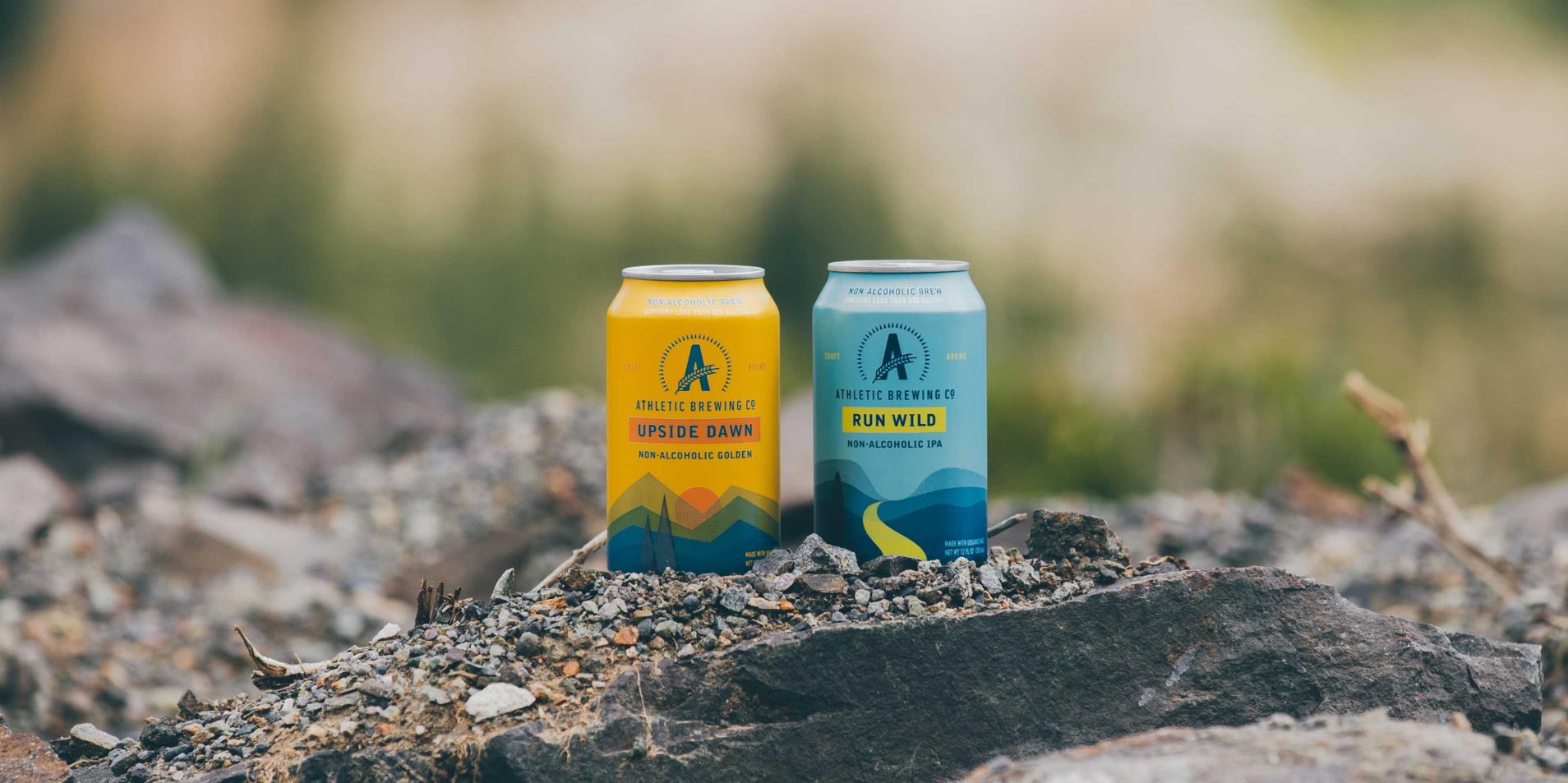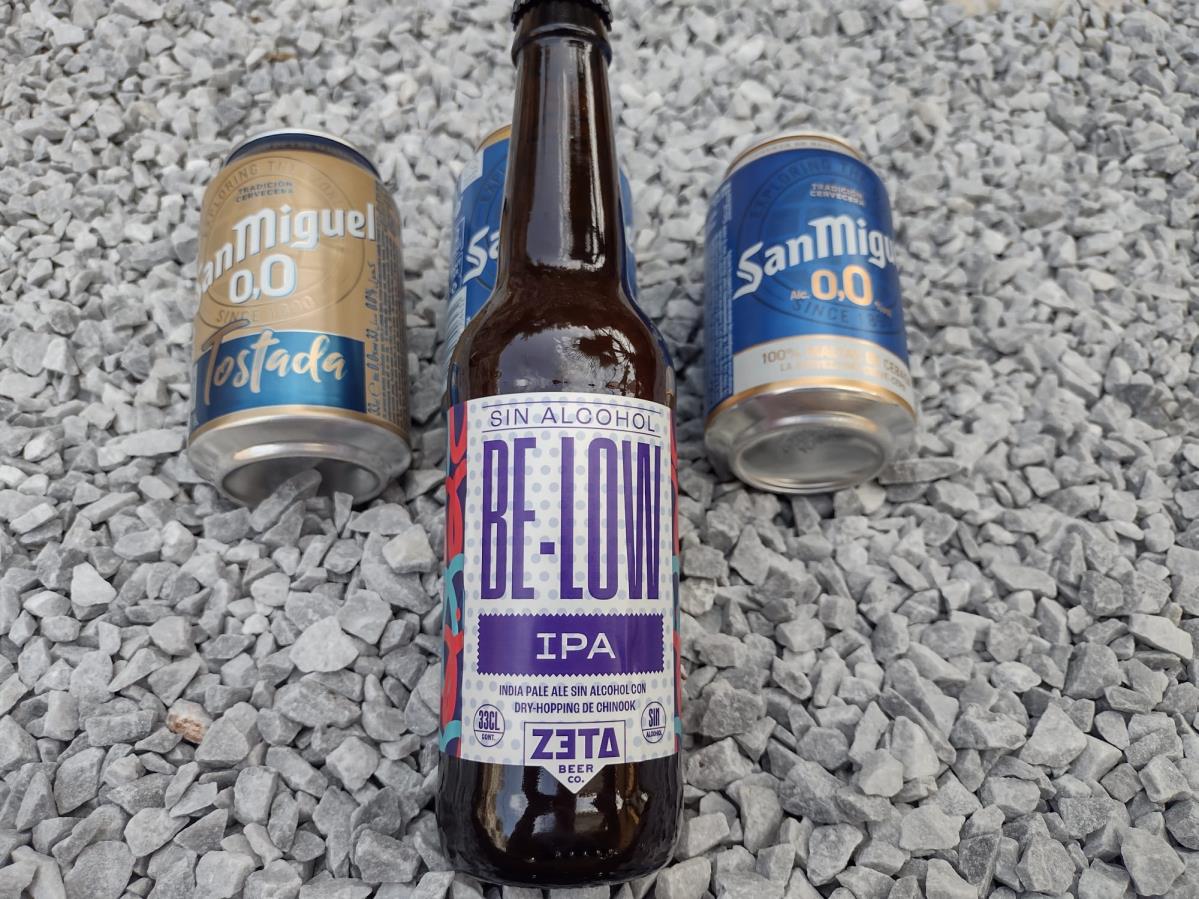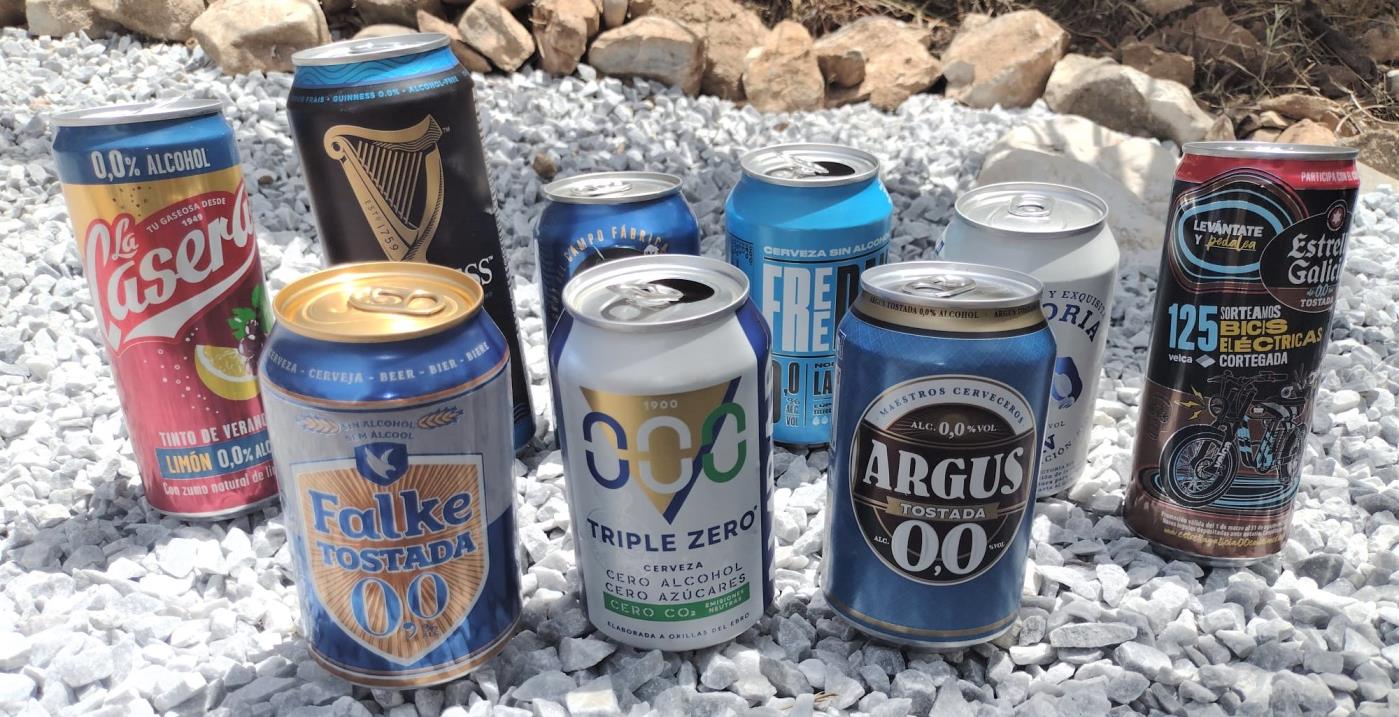Beer versus Alcohol Free Beer for Athletes
 Karen Parnell
January 17, 2022
Karen Parnell
January 17, 2022

Beer versus Alcohol Free Beer for Athletes
TL;DR Summary
- Alcohol is often used as a means of celebration or relaxation, and athletes frequently consume drinks without much thought of the acute and chronic effects on performance and health.
- When you drink alcohol, the body considers it a poison and it takes top priority for your body to metabolise and get rid of.
- The effect could be down to vitamins contained in the beer, including vitamin B6 which helps to dampen the effect of a chemical linked to an increase in the risk of heart disease.
- Fifty nuns drank half a litre of beer a day for 45 days, then stopped for six months.
- It’s interesting that because it is not considered an alcoholic beverage, they put the ingredients and nutrition details on the label so you can see it’s pretty natural and lower calorie than coke (plus less additives, E-numbers and sugar!).
- You don’t have to worry about losing your training gains or falling off the wagon with your eating habits because you had a few too many drinks.
5 min read
Alcohol is often used as a means of celebration or relaxation, and athletes frequently consume drinks without much thought of the acute and chronic effects on performance and health.
According to Stanford University athletes who drink alcohol at least once per week have an elevated risk of injury as compared to athletes who do not drink. They go on to say that consuming alcohol regularly depresses immune functioning and slows the healing process for sports-related injuries.
When you drink alcohol, the body considers it a poison and it takes top priority for your body to metabolise and get rid of. Any food you eat at that point is stored as fat to be metabolised later. Alcohol can also affect your brain and make you hungrier so you are consuming empty calories from the alcohol and eating more food you don’t actually need!
By cutting out alcohol you will give your body a better chance to burn fat. It's one sacrifice which really will make a huge impact on your body composition.
The negative effects of alcohol:
- Slows down fat burning
- Increases appetite more than any other drink
- Decreases testosterone (reduces muscle growth)
- Increases cortisol the stress hormone (more fat storage)
- Reduces vitamin and mineral absorption
- Causes dehydration
- Alcohol is also linked to cancers, heart disease, skin conditions, depression and liver disease to name a few.
It’s even worse for the over forties as this article in the Telegraph details.
Alcohol Free Beer
There is good news though - have you considered alcohol free beer? Scientists found that, after the alcohol was removed, the tipple had a number of health benefits.
As well as reducing the potentially dangerous build-up of fat in the arteries of those with high levels of cholesterol, the beer also increased the number of antioxidants in drinkers' blood, which could help to protect the heart.
The effect could be down to vitamins contained in the beer, including vitamin B6 which helps to dampen the effect of a chemical linked to an increase in the risk of heart disease.
The study tested the effects of drinking moderate levels of alcohol-free beer on 50 nuns in Spain aged between 58 and 73, who all lived together in the same convent. Fifty nuns drank half a litre of beer a day for 45 days, then stopped for six months. Then they took 400 milligrams of hops daily for 40 days. The result was a six percent reduction in total cholesterol among those with high levels. Another study on 29 nuns found Consumption of non-alcoholic beer produces a decrease in oxidative stress that can have a beneficial impact on cardiovascular risk.
Another study on runners in Germany found that Alcohol free beer boosts your immune system and reduces inflammation. Another positive effect the drink had on runners' health is that it reduced the likelihood the subject would catch a cold by up to a third.
You have to be careful though as some Alcohol-free beer has up to 1% alcohol so make sure it has 0.0% alcohol on the can or bottle. It’s interesting that because it is not considered an alcoholic beverage, they put the ingredients and nutrition details on the label so you can see it’s pretty natural and lower calorie than coke (plus less additives, E-numbers and sugar!).

Alcohol Free Beer at Race Finish Lines
Over the past few years there has been an increase races having alcohol free beer at the finish line. My first experience of this was about 8 years ago after my first duathlon where I was astonished to see athletes walking around drinking from beer bottles. I later found out that the event was sponsored by Erdinger. Alcohol free beer at races have come some way since then with IRONMAN events partnering with the Athletic Beer Company who have different types of craft ale such as the Run Wild IPA and Upside Dawn Golden Ale.
They say that the Athletic brews have anti-inflammatory properties and contain potassium and electrolytes. Non-alcoholic beer is rehydrating, whereas alcohol is dehydrating. Athletic’s flagship brews are just 50-70 calories, with no added sugar—the 11-14 grams of carbs in the beer all come from organic grains.
Swim, bike, run...indulge:
Alcohol free beer will give you that relaxing post-workout hydration that’s recovery positive. You don’t have to worry about losing your training gains or falling off the wagon with your eating habits because you had a few too many drinks.
Alcohol free beer allows you to have enjoyable moments while staying on track: At BBQ’s with friends after a long training day, or at the finish line celebrating.
Zero-Zero give it a Go!
So why not consider cutting back on the hard stuff, giving up for a while or drinking alcohol free beer? I can guarantee you will feel better and be more likely to reach your fitness goals sooner!
Get your FREE athlete recipe books here
Would you like a free training plan? Claim your free plan or e-book.
Karen Parnell is a Level 3 British Triathlon and IRONMAN Certified Coach, 8020 Endurance Certified Coach, WOWSA Level 3 open water swimming coach and NASM Personal Trainer and Sports Technology Writer.
Karen is currently studying for an MSc in Sports Performance Coaching at the University of Stirling.
Need a training plan? I have plans on TrainingPeaks and FinalSurge:
I also coach a very small number of athletes one to one for all triathlon and multi-sport distances, open water swimming events and running races, email me for details and availability. Karen.parnell@chilitri.com
Get your FREE Guide to Running Speed and Technique
Get your FREE Swim Workouts for Triathletes E-book
Get your FREE Open Water Swimming Sessions E-Book
FAQ: The benefits of alcohol-free beer for athletes
What is alcohol-free beer?
Alcohol-free beer is a beverage that is brewed like traditional beer but contains a very low or zero alcohol content (typically less than 0.5% ABV). It provides a beer-like experience without the effects of alcohol.
What are the benefits of alcohol-free beer for athletes?
Alcohol-free beer offers several benefits for athletes:
- Hydration: Alcohol-free beer has a high-water content, making it a refreshing and hydrating choice. Proper hydration is crucial for athletic performance and recovery.
- Electrolyte replenishment: Some alcohol-free beers contain added electrolytes, such as sodium and potassium, which can aid in replenishing electrolytes lost through sweat during exercise.
- Muscle recovery: Alcohol-free beer contains vitamins and minerals, including B vitamins and antioxidants, which can support muscle recovery and reduce oxidative stress.
- Social aspect: Alcohol-free beer provides a non-alcoholic alternative that allows athletes to socialize and enjoy the taste and experience of beer without the effects of alcohol.
- Mental relaxation: For athletes who enjoy the taste of beer but want to avoid the negative impact of alcohol on performance and recovery, alcohol-free beer can provide a sense of relaxation and enjoyment without impairing cognitive function or inhibiting recovery processes.
Does alcohol-free beer impact athletic performance?
Alcohol-free beer is not likely to have a significant negative impact on athletic performance when consumed in moderation. It does not contain enough alcohol to cause dehydration or impair cognitive and physical abilities. However, it's important to note that alcohol-free beer still contains calories, so athletes should consider their overall calorie intake and nutritional goals.
Can alcohol-free beer be used as a post-workout recovery drink?
Alcohol-free beer can be consumed as part of a post-workout recovery routine. It can serve as a hydrating and refreshing beverage that provides some essential nutrients. However, it should not be the sole source of post-workout nutrition. Pairing it with a balanced meal or snack that includes carbohydrates, protein, and other essential nutrients is recommended for optimal recovery.
Are there any potential downsides to consuming alcohol-free beer?
While alcohol-free beer can be a suitable alternative for athletes, it's important to consider the following:
- Caloric content: Alcohol-free beer still contains calories, so athletes should be mindful of their overall calorie intake and consider it as part of their dietary plan.
- Personal preferences: The taste and experience of alcohol-free beer may differ from traditional beer, and individuals may have varying preferences.
- Ingredients and additives: Some alcohol-free beers may contain added sugars or artificial ingredients, so it's important to read the labels and choose options with natural ingredients when possible.
Is alcohol-free beer suitable for all athletes?
Alcohol-free beer can be enjoyed by most athletes, but individual circumstances and preferences may vary. Athletes with specific dietary restrictions, medical conditions, or personal reasons for avoiding alcohol should consider their individual needs and consult with a healthcare professional or registered dietitian if necessary.
Remember, moderation is key, and athletes should always prioritize their overall nutritional needs and hydration strategies based on their specific training goals and requirements.
References
Nonalcoholic Beer Aids Marathon Recovery - The New York Times (nytimes.com)
#zerozerobeer #alcoholfreebeer #athleticbeer #athletesbeer #hydration #triathlon #swimming #cycling #running
#triathlontrainingplan #swimmingtrainingplan #cyclingtrainingplan #runningtrainingplan

